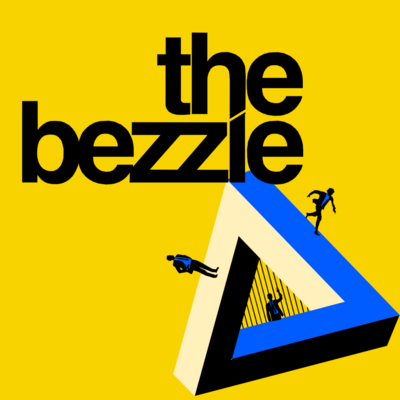Apple’s most valuable intangible asset isn’t its patents or copyrights - it’s an army of people who believe that using products from a $2.89 trillion multinational makes them members of an oppressed religious minority whose identity is coterminal with the interests of Apple’s shareholders.
–
If you’d like an essay-formatted version of this thread to read or share, here’s a link to it on pluralistic.net, my surveillance-free, ad-free, tracker-free blog:
https://pluralistic.net/2024/01/12/youre-holding-it-wrong/#if-dishwashers-were-iphones
1/

This is some serious upside-down cult logic. Beeper isn’t accessing Apple’s infrastructure: Apple’s customers are accessing Apple’s infrastructure. If there were no Apple customers trying to talk to Android users, there would be no load on Apple’s servers.
But those customers don’t count. They aren’t real Apple customers, because they want to do things that benefit them, not Apple’s shareholders. In other words: they’re holding it wrong.
39/
I’m Kickstarting the audiobook for The Bezzle, sequel to Red Team Blues, narrated by #WilWheaton! Pre-order the audiobook and ebook, DRM free, as well as the hardcover. There’s also bundles with Red Team Blues in ebook, audio or paperback:
eof/
@pluralistic@mamot.fr It is very difficult to make a giant corporation understand something when they make billions of dollars not understanding it.
Apple did fine up to 2007 without setting up an HOA for their platform’s software. Actual market forces —consumers voting with their $ and pressuring software makers— did a decent job of keeping software standards high.
There’s e-mail conversations between jobs and other senior Apple VPs mentioning how the whole app store setup is the way it is because they didn’t know what they were doing so they would just set it up like the iTunes music store and see what happens. The expectation was that the 30% cut would eventually go down, maybe even go away.
The closed app store model also was chosen in part to placate carriers who were worried about rampant network overuse by uncontrolled software.
All the arguments these days for the status quo are basically self serving. They may actually believe them, but see first paragraph of this comment.